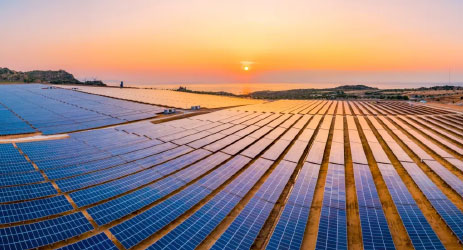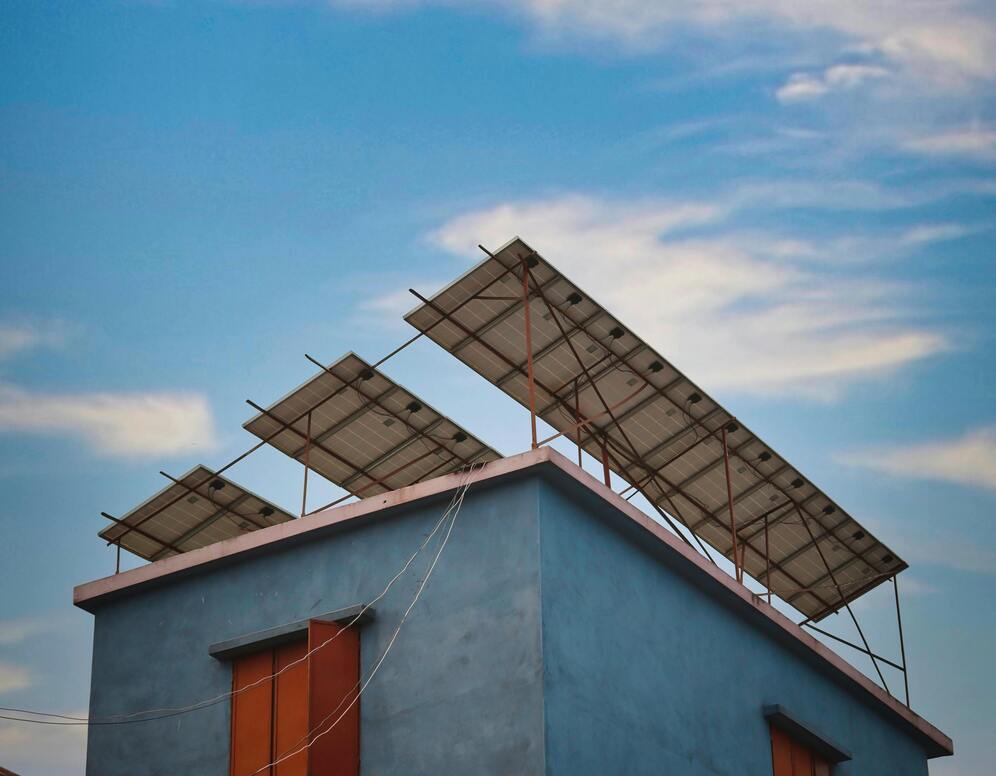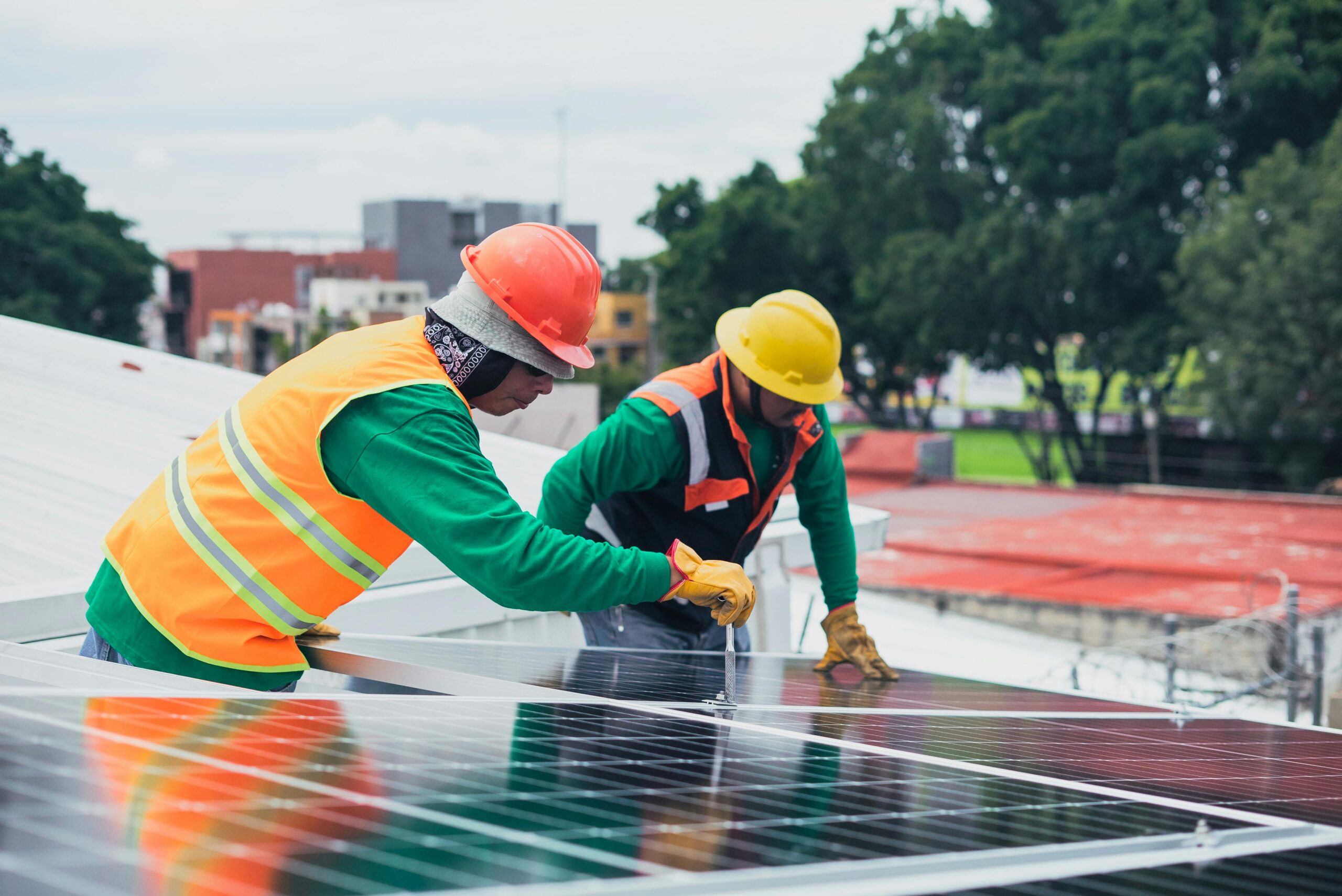Solar park in Rajasthan approval has been given by CM Bhajan Lal and will be constructed in the Bikaner district. Approval of land allotment issued in the Pugal and Chhatargarh.
Chief Minister Bhajan Lal Sharma has approved the allotment of land for setting up three solar parks of 2 thousand 450 MW each in Pugal and Chhatargarh. The work on these solar parks will start soon. Moreover, this will prove important in meeting the energy consumption of the state. To achieve energy self-sufficiency, the state government has approved land allotment for four solar projects. It is aiming to lead in the field of energy. Three out of these four solar parks will be established in Bikaner district.
The Chief Minister has approved the allotment of 4 thousand 780 hectares of land to Rajasthan Solar Park Development Company. At the same time, the proposal has been approved to allocate 910 hectares of land to NTPC Renewable Energy Limited. NTPC will set up the establishment of a 500 MW solar project in the Phalodi district.

Solar park will be planted on more than four thousand hectares of land
Two solar parks of 1000 MW each and one solar park of 450 MW will be set up in Bikaner. For the first solar park, about 1 thousand 881 hectares of land will be allotted in village Surasar of Pugal tehsil. Moreover, two thousand hectares of land will be allotted for the second solar park of 1000 MW.
In this, 1 thousand 194 hectares of land are located in Surasar. Moreover, about 807 hectares of land are located in the village of Bhanavatawala. Approval has been granted for the allocation of 900 hectares of land in the village of Sardarpura, located in the Chhatargarh tehsil, for the development of a 450 MW solar park. These solar parks will be developed in 3 phases by the Rajasthan Renewable Energy Corporation. The development will be under the Solar Park Scheme of the Ministry of New and Renewable Energy (Central Government). Similarly, approval has been given for the allotment of 910 hectares of land in village Bhadla in Baap tehsil of Phalodi district.

Immense possibilities of renewable energy in the Bikaner district
Bikaner will play an important role in solar energy in the Rajasthan state. There is immense potential for solar energy in this area. Due to barren land and availability of sunlight, the district is suitable for solar energy production. Various solar projects with a total capacity of 4,484 MW have been successfully operational in the district as of March 2024. At present, 5 thousand 190 MW solar projects are in progress.
Two 765 kW Grid substations for solar energy transmission have been established by the Power Grid Corporation of India. Another GSS installation is planned. Rajasthan State Electricity Transmission Corporation is also planning a new GSS for solar energy transmission in the district. This infrastructure development will be another significant step towards harnessing solar energy in Bikaner.








